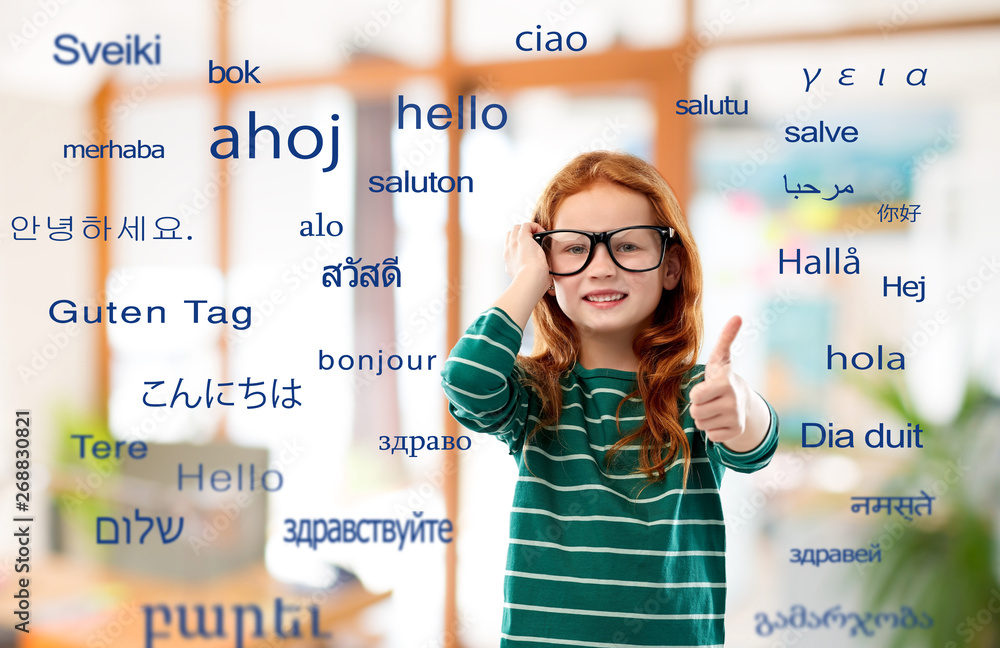The Question
Many people have asked me this question, “what is the fastest way to become fluent in foreign language?”
The Answer
Build Reflex
People may offer different answers to this question, but in my experience, the key is simple: use the language as much as possible. Fluency is not just about knowledge; it’s about reflex.
In certain situations, you should be able to say expressions instinctively, without consciously thinking about grammar or vocabulary. The more “reflexes” you build, the more natural and fluent you’ll sound in the foreign language. And how do you build these reflexes? Through consistent, deliberate practice.
Personally, I’ve used several methods to develop reflexes. I’ve written the same patterns of phrases repeatedly in my notebook, simulated conversations in my mind, and repeated lines while watching movies. Each of these activities reinforces the muscle memory needed for fluency.
Practice
Practicing with real people is equally, if not more, important. Interacting with native or fluent speakers allows you to immediately gauge the appropriateness of your expressions. When something you say doesn’t quite fit the situation, you can often tell by observing the reaction of the person you’re speaking with.
Yes, it can be embarrassing to make mistakes, especially when you’re not confident in your skills. However, bravery and confidence are essential. Making mistakes is a natural and necessary part of the learning process.
Build Your Content
Language is just a tool for communication, not the end goal. What truly matters is the substance of what you have to say. Without meaningful content to share, language skills alone mean very little.
Think about what you want to communicate. When you have valuable, interesting, or unique ideas to share, the world will find a way to connect with you—even if your language skills aren’t perfect. Developing your ideas and knowledge is just as important as practicing the language itself.
Conclusion
In summary, the fastest way to become fluent in a foreign language is to immerse yourself in its use. Build reflexes through repetitive practice, engage with real people, and continually enrich the substance of what you have to say. By combining these elements, you’ll not only master the language but also make your communication meaningful and impactful.
Remarks
This article was originally posted on lingotips.com. With merger of the website, the article has been edited by VivMo Projects, LLC, using Chat GPT.
